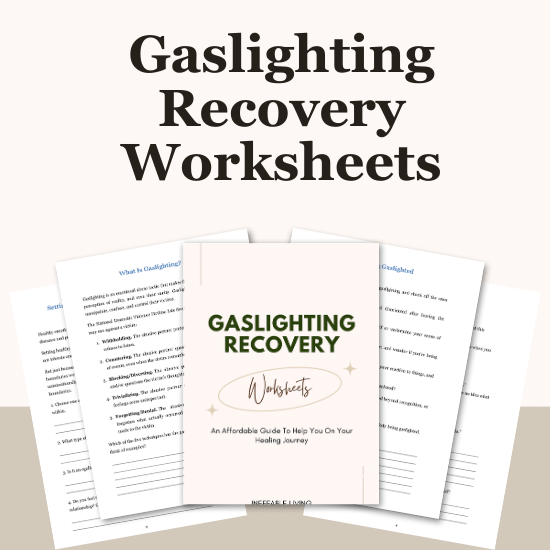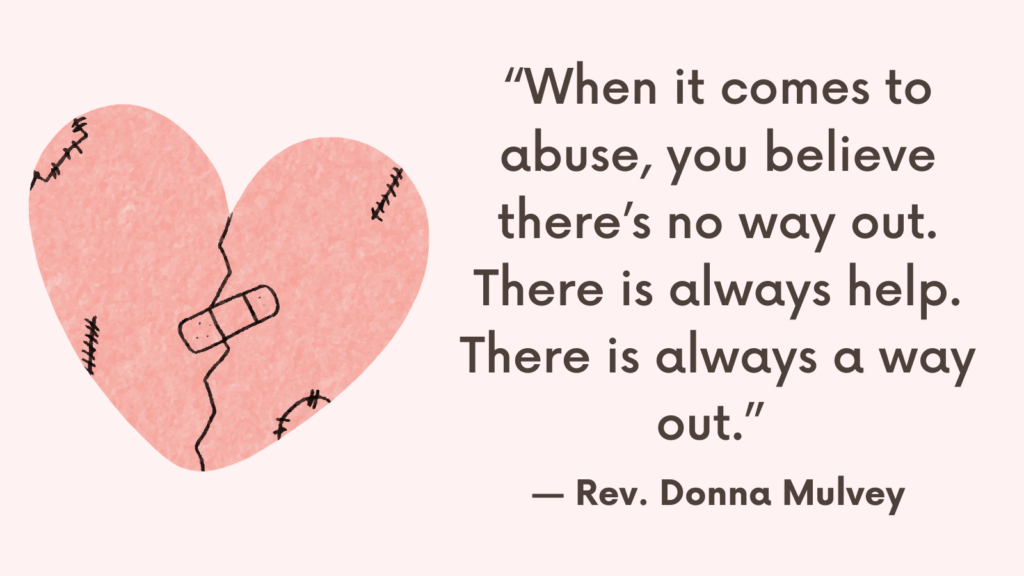In this post, you’re going to learn how to stop attracting narcissists.
Why We Attract Narcissists
It’s essential to note that the dynamics of attraction and involvement with narcissists are complex and can be influenced by various psychological, interpersonal, and environmental factors.
Firstly, it’s important to understand the characteristics of narcissistic individuals.
Narcissism refers to a personality trait characterized by a grandiose sense of self-importance, a lack of empathy for others, a constant need for admiration, and a tendency to exploit and manipulate those around them.
People with high levels of narcissism often seek out relationships that serve to bolster their own self-esteem and provide opportunities for admiration and power.
Now, let’s explore some potential reasons why certain individuals may repeatedly find themselves drawn to or entangled with narcissistic personalities:
1. Early Life Experiences:
Childhood experiences and family dynamics play a significant role in shaping adult interpersonal relationships.
Individuals who grow up with a narcissistic parent or caregiver may become accustomed to accommodating the needs and demands of someone with high narcissistic traits.
This early experience can normalize and reinforce patterns of relating to narcissistic individuals in later life.
2. Empathetic and Compassionate Nature:
Some individuals possess deeply empathetic and compassionate qualities, which can make them particularly attractive to narcissistic individuals.
Narcissists may be drawn to people who are generous, nurturing, and willing to prioritize the needs of others over their own.
This dynamic can create an imbalance in the relationship, with the empathic individual providing excessive care and support while receiving minimal reciprocity from the narcissistic partner.
Related: Relationship Red Flags Quiz
3. Low Self-Esteem and Insecurity:
People with low self-esteem or unresolved emotional wounds may be more susceptible to the charms and manipulation tactics of narcissistic individuals.
Narcissists often excel at initially presenting themselves as charismatic, confident, and charming, which can be highly appealing to individuals who are seeking validation and affirmation of their worth.
4. Unconscious Familiarity and Repetition Compulsion:
Psychodynamic theories propose that individuals may be unconsciously drawn to familiar relationship dynamics, even if they are harmful.
This phenomenon, known as repetition compulsion, suggests that people may gravitate toward relationships that echo unresolved issues from their past, such as experiences with authoritarian or emotionally distant figures.
5. Boundary Difficulties:
Individuals who struggle with setting and maintaining healthy boundaries may be particularly vulnerable to becoming enmeshed in relationships with narcissistic individuals.
A lack of clear boundaries can result in the erosion of personal autonomy, as narcissists may exploit this vulnerability by imposing their own desires and expectations onto others.
Related: People Pleaser Quiz (+Top 21 Proven Ways to Stop People Pleasing)
6. Idealization and Love-Bombing:
Narcissists are skilled at utilizing love-bombing techniques, where they initially shower their targets with attention, adoration, and flattery.
This intense focus can create a sense of euphoria and validation for the individual being pursued, leading them to overlook warning signs and red flags in the relationship.
It’s important to acknowledge that the reasons for attracting narcissists can be multifaceted and deeply rooted in an individual’s psychological makeup and history.
While recognizing these patterns is a crucial first step, it’s equally essential for individuals to seek therapeutic support and cultivate self-awareness in order to break free from harmful relationship dynamics.
How to Stop Attracting Narcissists?
Breaking free from this cycle requires a combination of self-awareness, boundary setting, and psychological healing.
Here are some evidence-based strategies to help you stop attracting narcissists:
1. Self-Reflection and Awareness:
The first step in breaking the cycle is to cultivate self-reflection and awareness of your relationship patterns.
Take the time to explore your past experiences with narcissistic individuals, as well as any early life influences that may have shaped your relationship dynamics.
Engaging in self-reflective practices such as journaling, mindfulness, or therapy can help you gain clarity and insight into your subconscious motivations and attachment patterns.
2. Healing Childhood Wounds:
If you have experienced childhood trauma or neglect, it’s essential to address these emotional wounds through therapy or other supportive modalities.
Childhood experiences can deeply impact adult relationship dynamics, and healing from past hurts can empower you to form healthier connections based on mutual respect and empathy.
Related: Inner Child Wounds Test (+4 Attachment Imagery Exercises To Heal Inner Child Wounds)
3. Establishing Clear Boundaries:
Learning to set and maintain healthy boundaries is crucial for protecting yourself from narcissistic individuals.
Practice assertiveness and communicate your needs and limits clearly in your relationships.
By establishing and enforcing boundaries, you signal to others that you respect yourself and expect the same in return.
4. Building Self-Esteem and Self-Confidence:
Cultivating a strong sense of self-worth and confidence can serve as a protective factor against becoming entangled with narcissistic individuals.
Engage in activities that promote self-care, self-compassion, and personal growth.
Celebrate your strengths and achievements, and surround yourself with supportive and affirming individuals who uplift and validate you.
5. Developing Emotional Resilience:
Building emotional resilience can help you navigate challenging relationships and recognize manipulative behaviors.
Practice emotional regulation techniques, seek out support networks, and develop coping strategies for managing stress and conflict in relationships.
Related: Resiliency Quiz: Am I Resilient?
6. Trusting Your Intuition:
Pay attention to your instincts and gut feelings when meeting new people or entering into relationships.
If something feels off or too good to be true, trust your intuition and take the time to assess the individual’s behavior and intentions before fully committing to the relationship.
7. Educating Yourself About Narcissism:
Knowledge is power.
Educate yourself about the traits and tactics of narcissistic individuals to better recognize warning signs early on.
Understanding the red flags associated with narcissism can help you make informed choices and protect yourself from potentially harmful relationships.
Related: Why Do Narcissists Ignore You? Top 7 Reasons
8. Engaging in Healthy Social Activities:
Surround yourself with individuals who demonstrate empathy, authenticity, and mutual respect.
Participate in social activities, groups, or communities that align with your values and interests, and where you can connect with like-minded individuals who value healthy, balanced relationships.
9. Setting Realistic Expectations:
Be mindful of setting realistic expectations in your relationships.
Avoid idealizing new connections or rushing into intense commitments, as this can leave you vulnerable to manipulation and exploitation by narcissistic individuals.

Conclusion
Breaking the pattern of attracting narcissists requires patience, self-compassion, and a commitment to personal growth.
By implementing these strategies and seeking support when needed, you can empower yourself to cultivate fulfilling, authentic relationships built on mutual respect and emotional well-being.



